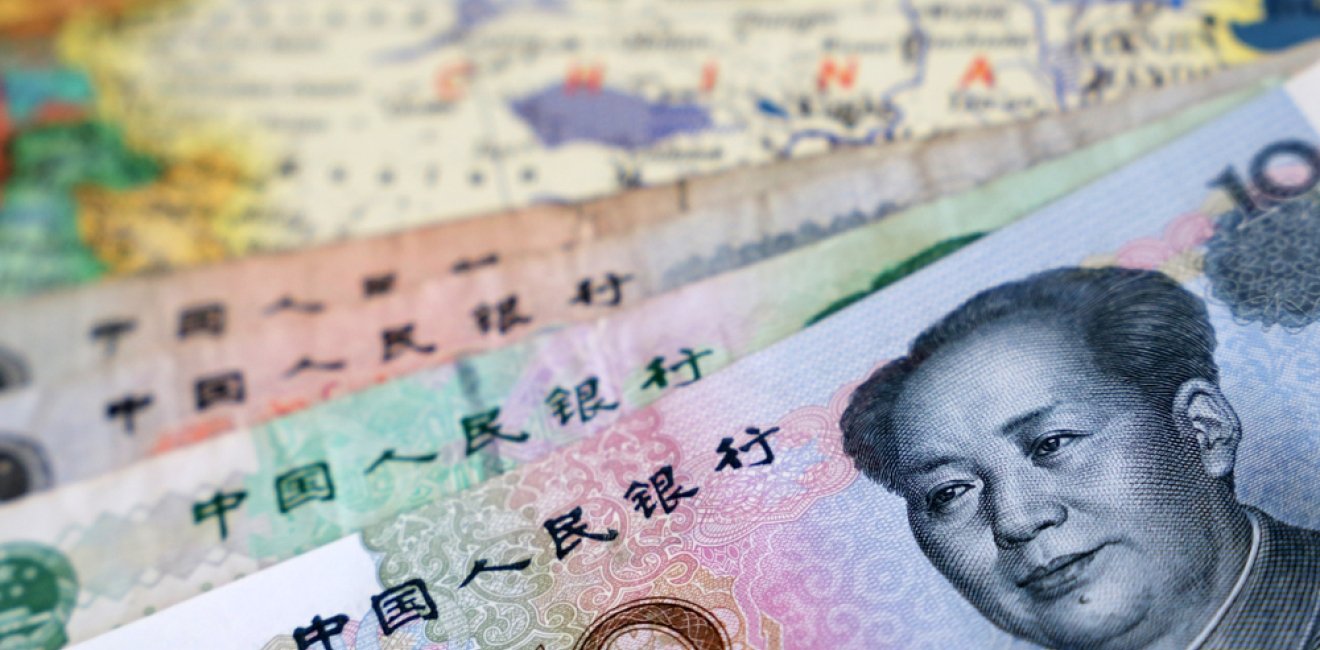
A blog of the Wilson Center

The People’s Republic of China is the world’s second largest economy, ranks in the top five nations for trade and foreign investment, has the world’s largest number of middle-class consumers, and provides an estimated $3 billion per year in foreign aid expenditures. But the United Nations still formally treats it as a developing economy.
Classifying the PRC as a developing economy (most recently noted in the UN’s 2022 World Economic Situation and Prospects) allows China to take advantage of a range of special benefits intended to help lower the financial burden for lower-income member countries. For example, lower-income countries have their annual assessments (in essence, their mandatory dues) calculated differently. In China’s case, this treatment reduced the PRC’s annual budget assessment by nearly $50 million in 2023.
The benefits of the UN’s designation extend beyond that institution itself. For example, the World Trade Organization allows developing nations to have longer periods of time to meet various financial and trade obligations. The World Bank provides China billions in loans even though China’s income level would otherwise make it ineligible for such financing.
China’s classification recently raised eyebrows as nations were making their commitments to tackle and mitigate the costs of changing climate at COP27. China is the world’s biggest annual contributor to planet warming emissions, yet its diplomats rejected public demands for China to join a coalition of more than 150 nations in pledging to curb both methane, and establish a fund to help compensate vulnerable countries for the cost of climate change mitigations. While China often calls for the West and other rich nations to take more responsibility on global challenges, a number of analysts suggested China wouldn’t join other pledging nations because contributing to the establishment of such a fund would set the precedent that it accepted the responsibilities of a developed nation.
A number of observers have argued that keeping China’s developing country designation is reasonable because of its vast income disparities and the fact that roughly 600 million Chinese live below the poverty line. China’s largest incomes are concentrated in three of its coastal cities: Beijing, Shanghai, and Tianjin. Per capita incomes in Beijing are four times higher those of northwestern Gansu province.
But China has a major space program, the world’s largest navy, and a rapidly expanding nuclear arsenal. It demands that the United States treat it as a peer power and presents itself as a leader of a new global order that can rival or surpass that led by the United States.
On March 27 the US House passed a bill that would direct the Secretary of State to work toward stripping China of its developing country status in shared international organizations and treaties. While the Secretary may share the Hill’s view, he has no power to unilaterally change the China’s classification.
Is China ready to recognize that if it wants the world’s respect as a great power, it cannot also ask for its pity as a developing nation?
This blog was compiled with the assistance of Caroline Moody.
Author

Explore More in Stubborn Things
Browse Stubborn Things
Spying on Poachers

China and the Chocolate Factory

India: Economic Growth, Environmental Realities
